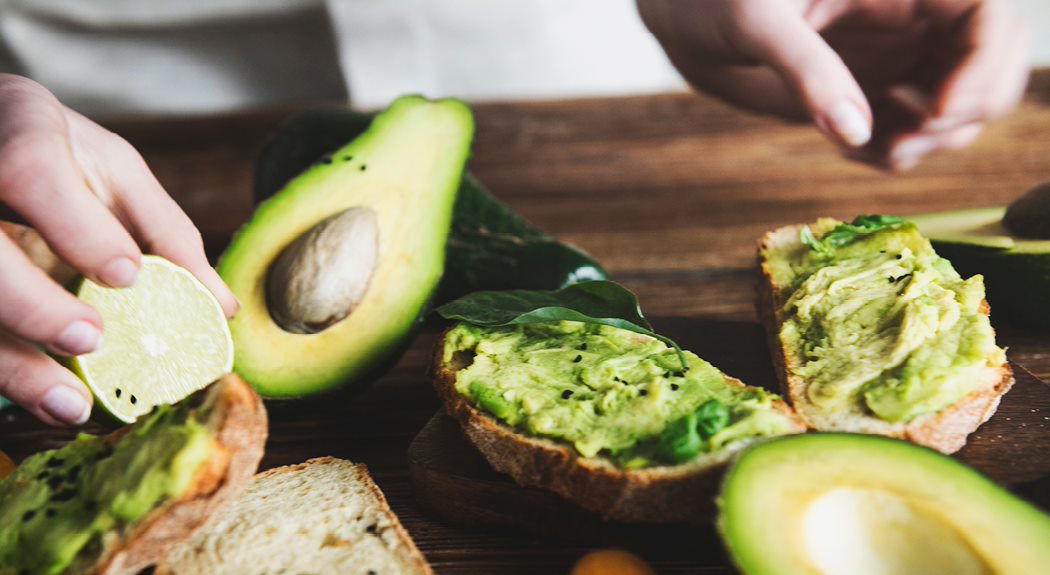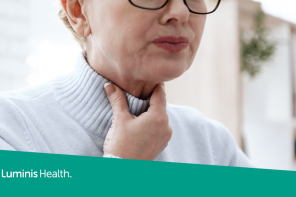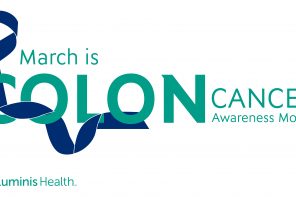Eating well during chemotherapy can help you maintain your weight and improve how you feel during treatment. A well-planned strategy and support from your cancer care team, can help you navigate any obstacles to maintain optimal health throughout treatment.
You need more calories and protein during chemotherapy.
Both cancer and cancer treatment increase the energy and nutrients your body needs, especially protein. Protein is important in helping you rebuild strength during treatment.
Foods rich in protein and nutrients are the best choices during treatment, including:
- Beans
- Berries
- Bright orange fruits and vegetables
- Chicken
- Eggs
- Greek yogurt
- Leafy green vegetables
- Nuts and seeds
- Salmon
- Whole grains
Chemotherapy may cause symptoms that can impact your ability to meet your nutrition needs.
Chemotherapy targets rapidly dividing cancer cells. Despite its intended target, it often impacts healthy rapidly dividing cells as well, including those of your mouth, esophagus and the rest of your digestive tract. Because of this, digestive symptoms like mouth sores, heartburn and constipation are common.
Medications given with chemotherapy can also cause side effects. For example, some pain medications can slow down the digestive tract making it difficult to digest food and have a regular bowel movement.
The good news is your doctor expects and is prepared for these challenges. A registered dietitian can provide strategies, and help you plan a healthy diet that addresses your symptoms.
Small frequent meals may help when you don’t feel like eating anything at all.
Loss of appetite and early fullness are common side effects of chemotherapy. And if you don’t feel like eating, sitting down to a huge plate of salmon and greens isn’t exactly appealing. Here are a few ways to maximize the nutrients in your food:
- Add blueberries to a bowl of cereal
- Make grilled cheese on whole grain bread
- Mix chopped broccoli into mac and cheese
- Pump up chicken, tuna or egg salad with fresh celery and parsley
- Toss extra vegetables in a mug of soup
- Use peanut butter or avocado on toast
Soups, stews and smoothies make great meals for getting in lots of nutrients. And smaller portions make eating and drinking seem less daunting. Focus on eating a few bites or drinking a few sips at a time. You can always get seconds if you’re still hungry.
Take care in the kitchen to keep your food safe.
According to the National Cancer Institute, it’s unnecessary to avoid all fresh fruits and vegetables during treatment. Research shows that general food safety practices reduce the risk of food-borne illness while allowing for a less restrictive diet. Food safety practices include:
- Washing hands
- Separating raw meat, poultry and eggs from other foods
- Washing fresh fruits and vegetables with cool water
- Avoid food buffets
Mix up your routine to deal with taste and smell changes.
Taste changes and smell aversions are also common during treatment. That’s because the tissues that line your mouth and nasal cavity are also lined with those same rapidly dividing cells impacted by chemotherapy.
Identify your taste changes and add flavors to balance what you’re tasting using the FASS principle. FASS stands for fat, acid, salty, sweet. Patients experiencing taste changes may use these flavors differently depending on their specific tastes:
- Acids: Try something acidic, such as fresh lemon juice when food tastes too sweet
- Fats: Use nut butter or nut creams to help soothe mouth sores
- Salty seasonings: Add sea salt when food seems tasteless
- Sweeteners: Seasoning your food with natural sweeteners such as maple syrup or agave nectar, can help when your food tastes metallic or bitter
Activity, fluids and fiber can help you stay regular.
Bowel regularity is an essential part of staying well-nourished. Constipation can leave you feeling full even if you need to refuel. Loose, watery stool can dehydrate you. To alleviate discomfort, incorporate these strategies:
- Activity: Exercise and physical activity encourage movement of food products through the digestive tract.
- Fluids: Caffeine-free fluids, including water, herbal tea and unsweetened milk, help meet your body’s fluids needs.
- Soluble fiber: Soluble fiber holds water in the digestive tract and encourages soft stools. Good sources include peeled apples and pears, beans, peas, blueberries and oats.
Talk to your doctor about your side effects.
Side effects of chemotherapy are expected, and your doctor will have some options for making them better. Whether you’re dealing with constipation, heartburn or sores in your mouth, your medical team has strategies to improve how you feel so you can keep up with your nutrition. Inadequate protein and calorie intake can lead to muscle loss and treatment delays.
Depending on your side effects, your doctor may suggest talking with a palliative medicine provider, who are specially trained to help you feel better. From appetite to energy and even your bathroom habits, they have an arsenal of tools, including medications, supplements and complementary therapies like acupuncture and massage.
A registered dietitian is a great resource.
Optimal nutrition during chemotherapy can help you feel good and maximize the benefits of your treatment. Treatment side effects may have you feeling a little out of sorts, but we’re here to help. If you would like more specific guidance, talk to your doctor about speaking with one of our registered dietitians today.




